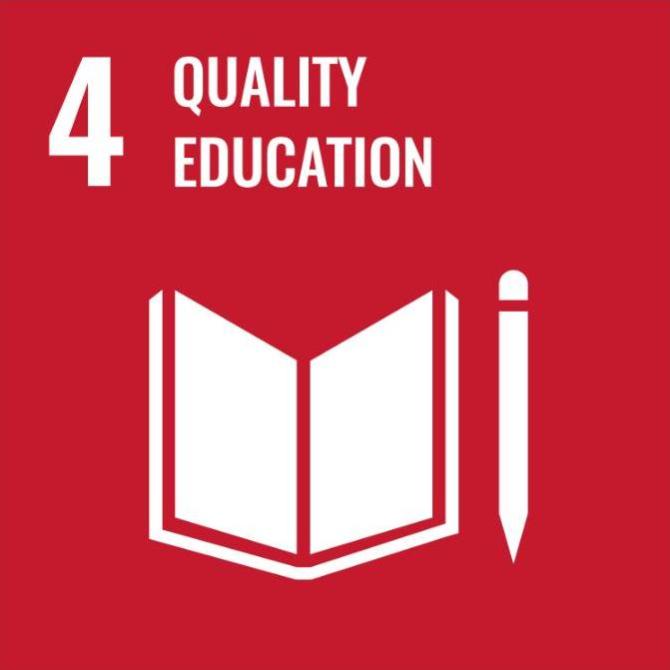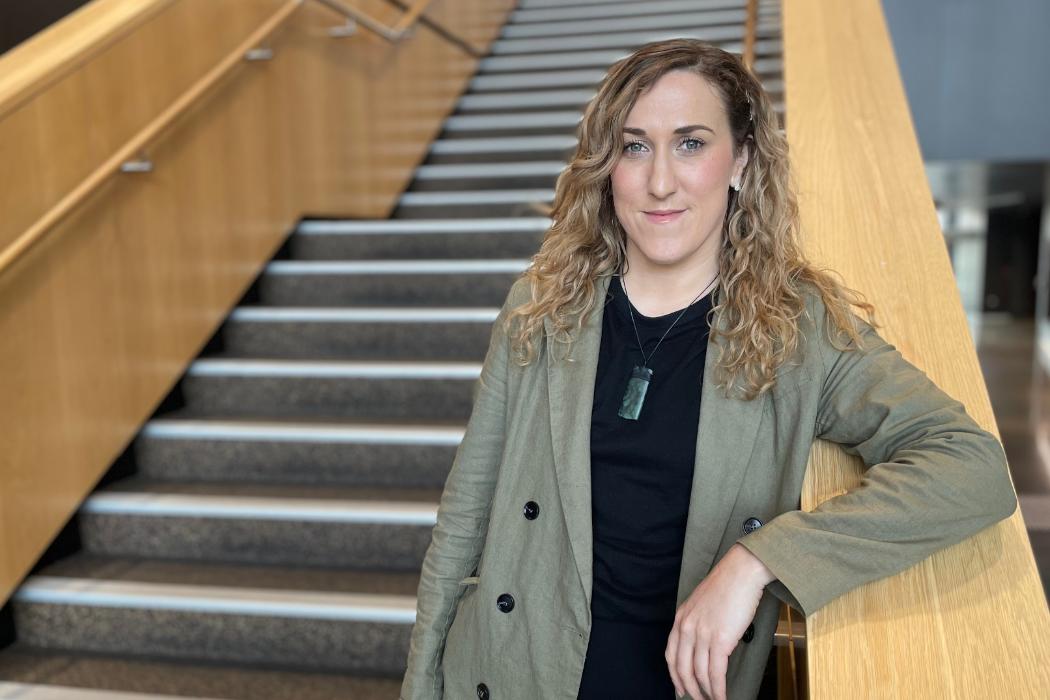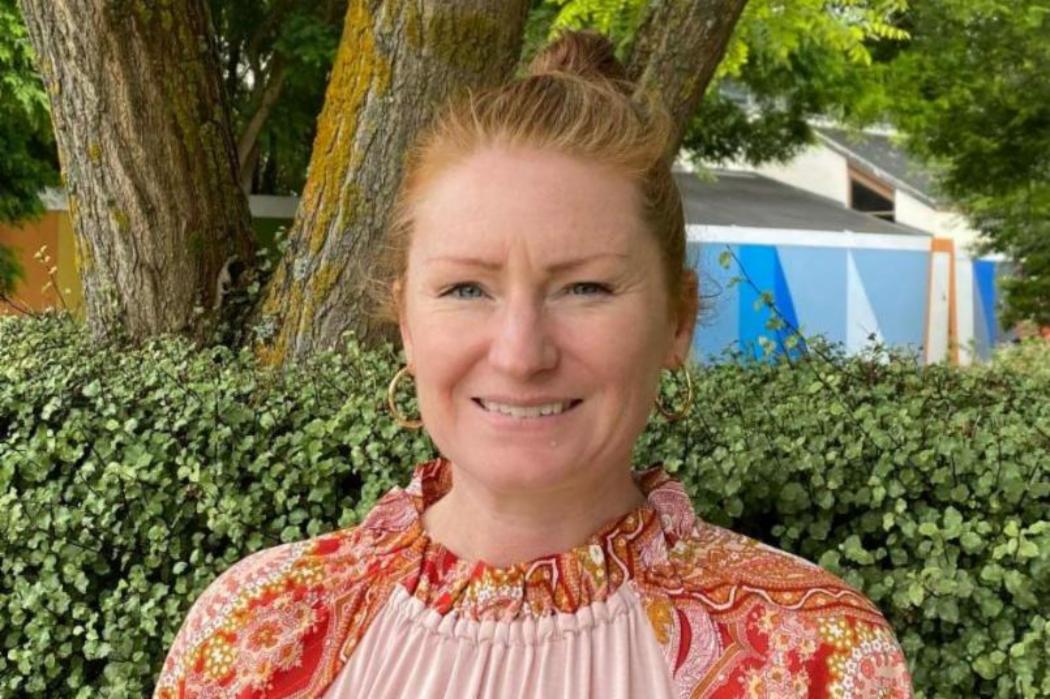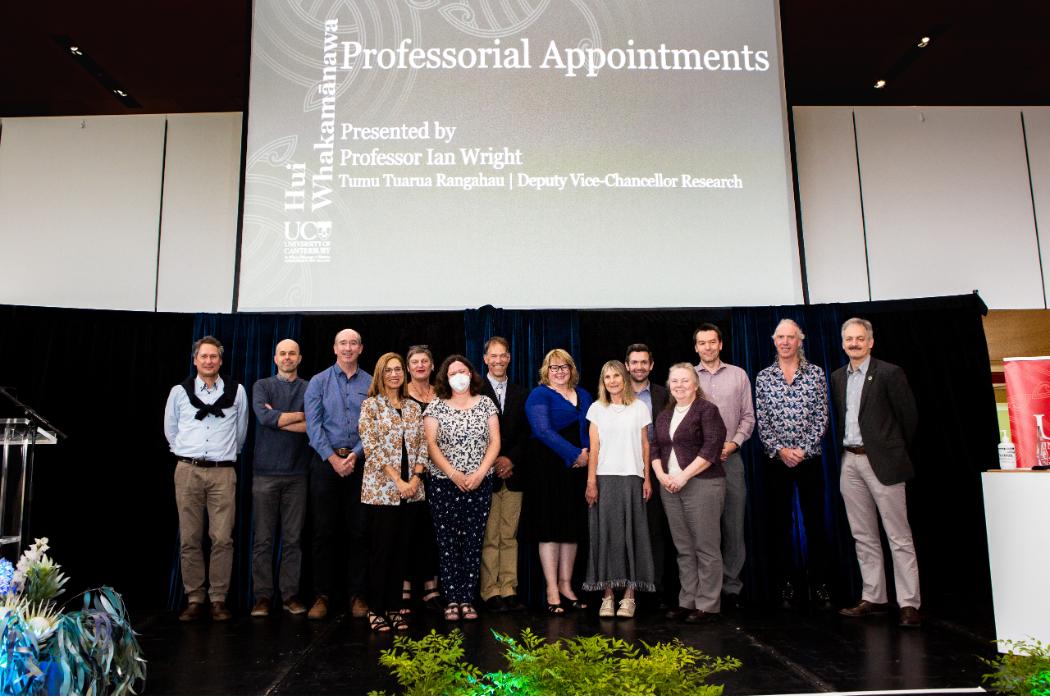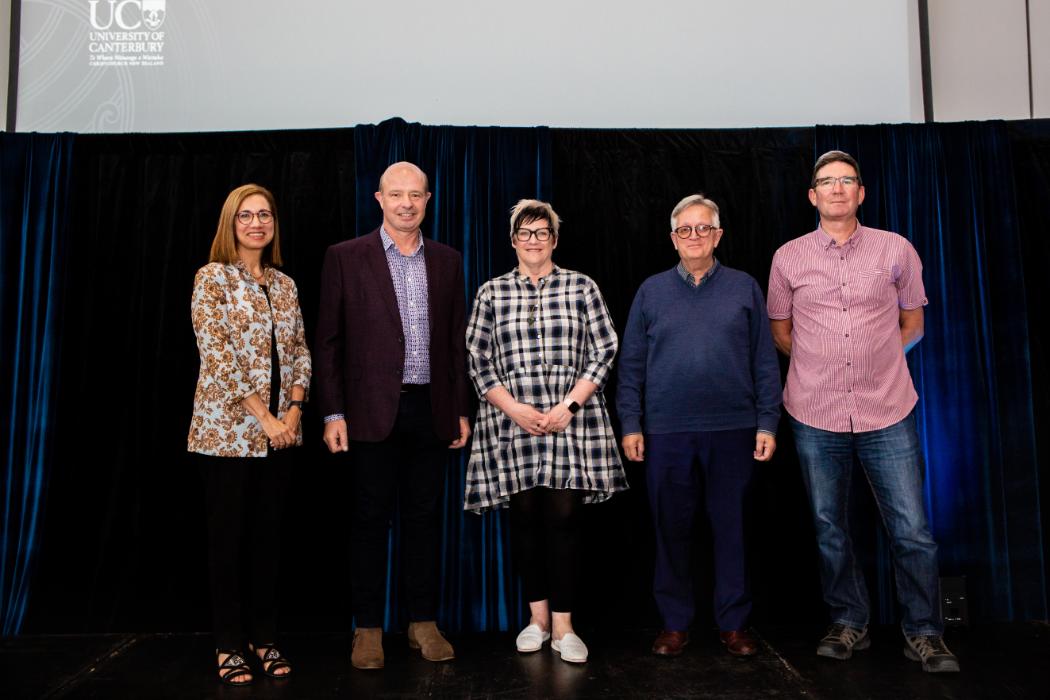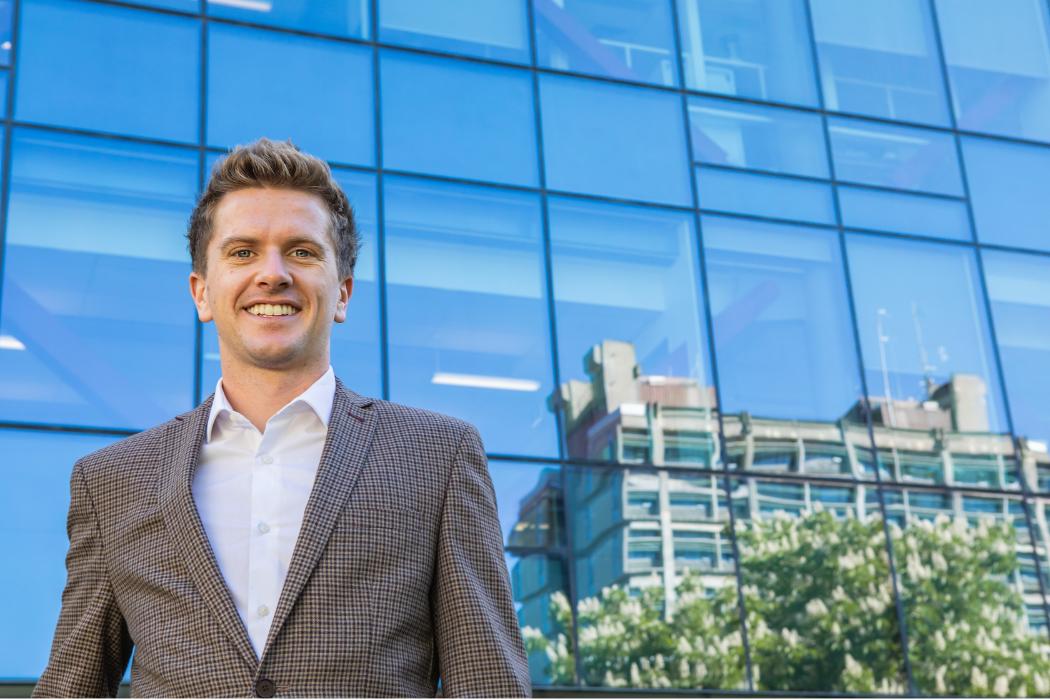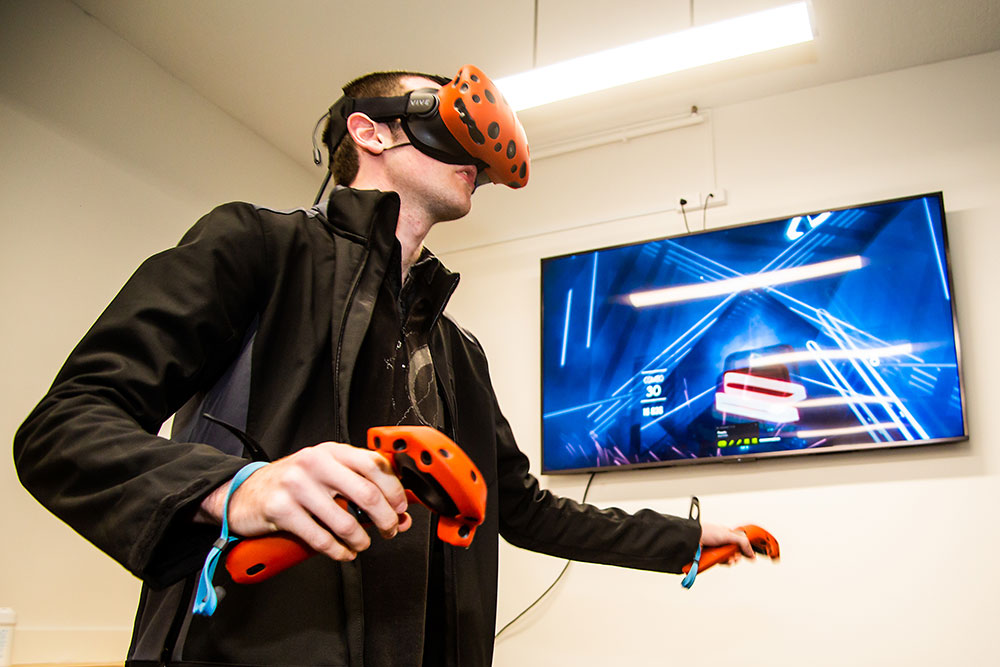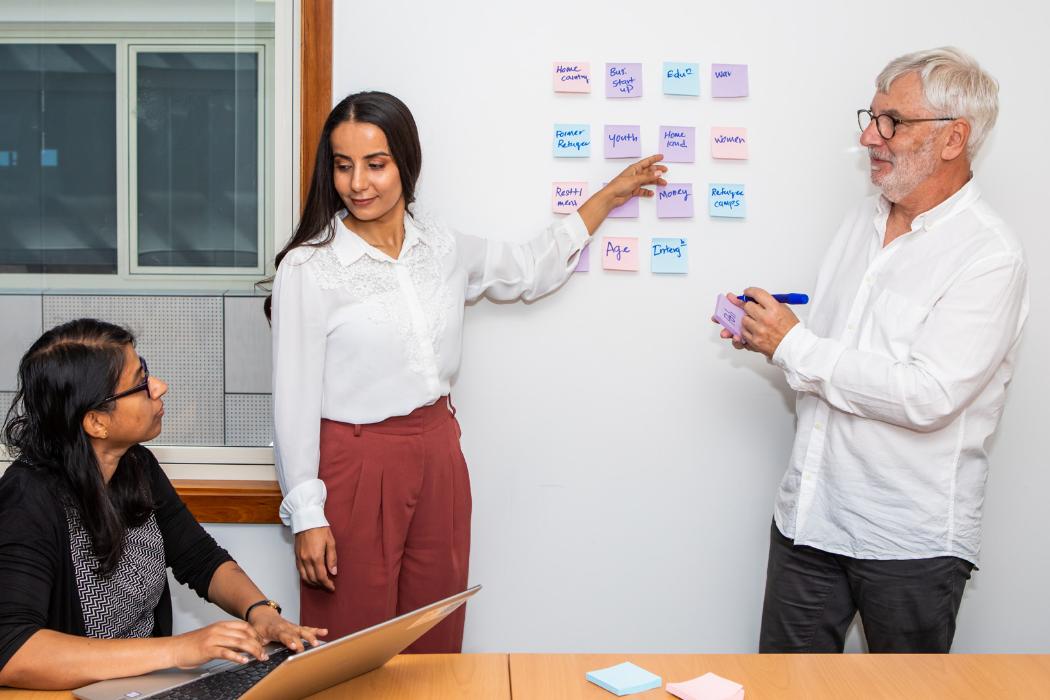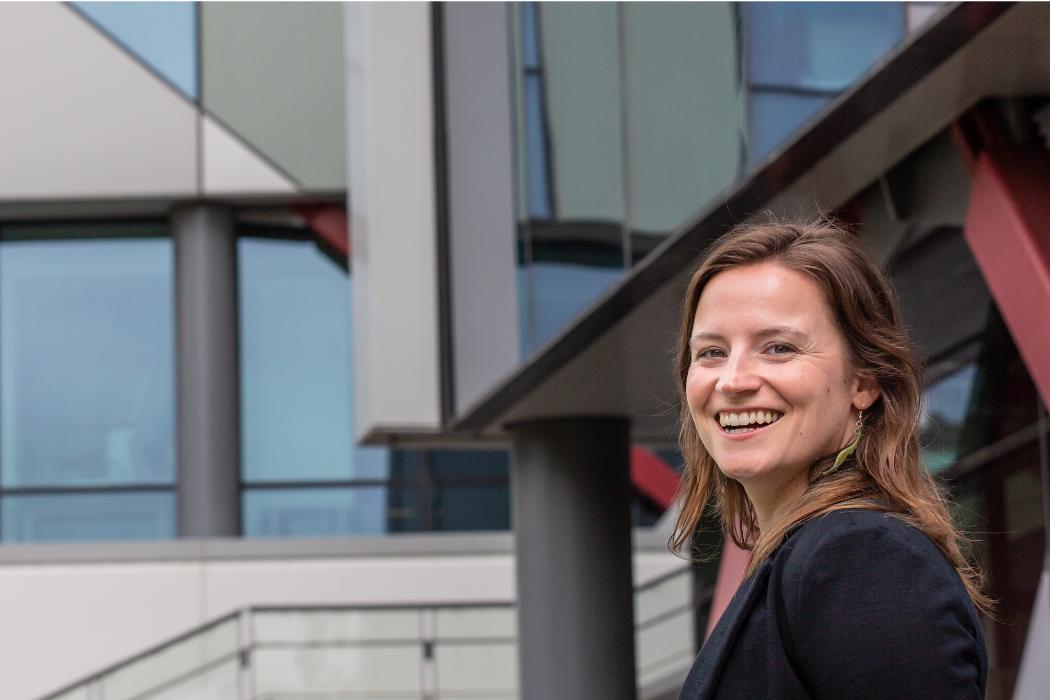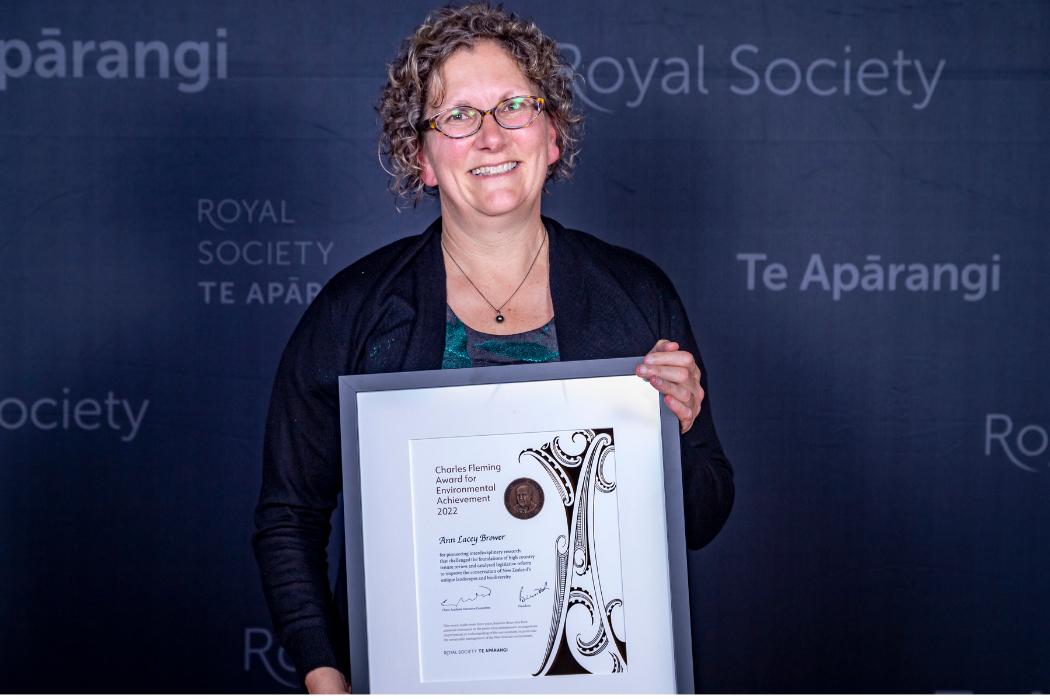Dr Jones aimed her research towards the betterment of Māori communities, as well as Māori achieving and thriving as Māori.
“It was encouraging to do research on this topic that I’m passionate about. While I was researching Māori medium education, I found that everything was interwoven. There were many connections within my life as well; from teaching, to being on the board for Te Pā o Rākaihautū, and my own children’s educational experiences.”
“My research involved listening to stories of teachers who have worked in puna reo, which are early childhood settings and primary classrooms that focus on learning te reo Māori and tikanga. There were a range of different wero (challenges) identified in the stories, but ultimately the love the kaiako have for their tamariki and whānau was the overriding message.”
For Dr Jones, achieving a doctorate is so much more than a personal win. “My own kids are one of the biggest motivators, just knowing and understanding their educational experiences is truly valuable to me. And my whānau and ancestors have paved the way for this to be possible, they’ve gone through struggles to keep our language and culture alive. This achievement is a mihi to them, an acknowledgement of the things they’ve done for us.”
Dr Jones is proud that this is a pathway for all tamariki Māori and others. “It is hard and takes time and effort, but it is for anybody. If our rangatahi Māori and others have aspirations to follow this path, then hopefully I can help that,” she says.
“I just want students to know they’re not in this alone, that whānau can back them right from the outset to the end. Don’t give up too early. Seek the tautoko support you need. I would have never thought I could get a doctorate at high school, but it’s a journey we can do.”
Dr Jones acknowledges her doctoral supervisors who demonstrated aroha and ongoing tautoko on her doctoral journey “He mihi mutunga kore ki a Professor Letitia Fickel rāua ko Associate Professor Sonja Macfarlane”.
Now, in her work as a UC academic, Dr Jones is continuing her focus on the new Ako | Bachelor of Teaching and Learning degree, which offers a qualification founded in Mātauranga Māori.
“We’ve introduced a pathway that provides opportunities for trainee teachers to increase their competency and confidence to kōrero [speak] Māori and to teach in te reo Māori, as well as embedding tikanga Māori and Mātauranga Māori throughout their practice,” she says.
“The students are so awesome, and we’re striving to create a pathway where they can see a future in education and they can learn while working and supporting their whānau.”


